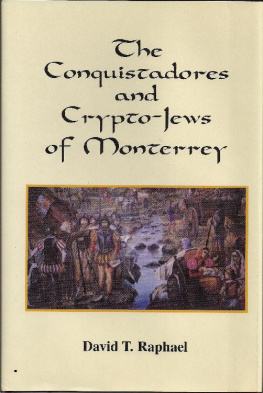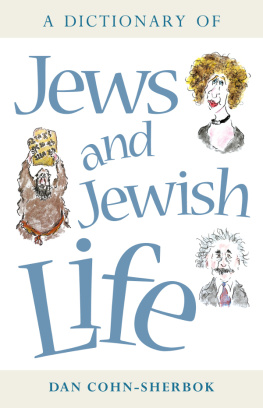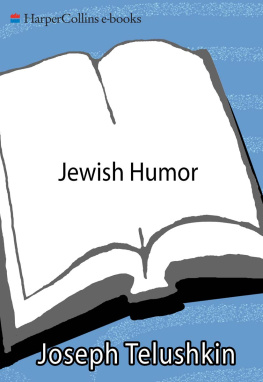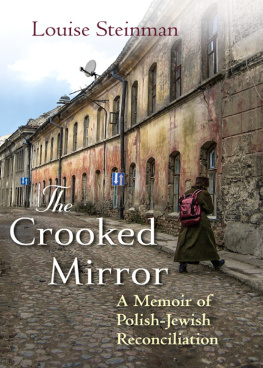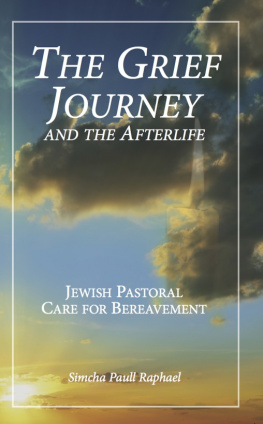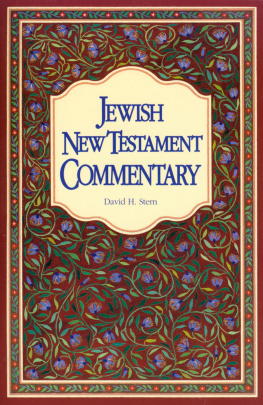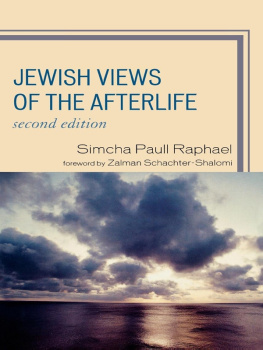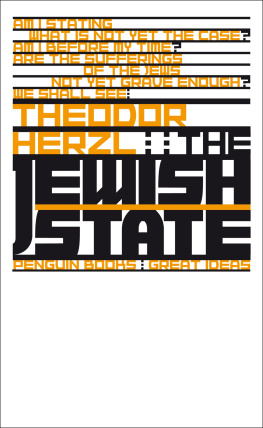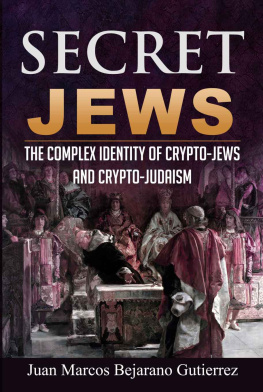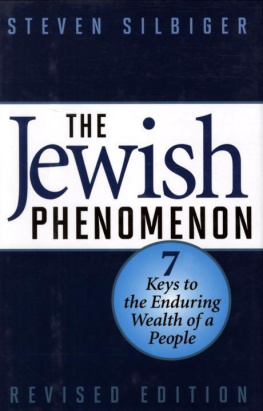David T. Raphael
P.O. Box 4796
2nd Lt., U.S. Army Combat Engineer, killed in the D-Day Invasion on the third day of battle
Did [Governor] Carvajal and his group want to make a large scale Jewish colonization attempt in the solitary regions of northern New Spain, so as to create there their new and longed for homeland, so as to flee from European religious intolerance and to dedicate themselves with full liberty to the practices of the Mosaic Law, anticipating thus what would be accomplished forty years later, with similar motives, by the passengers of the Mayflower?
Vito Alessio Robles, Saltillo historian Monterrey en la Historia y la Leyenda, 1936
Unlike any other city in Mexico, the city of Monterrey has a Jewish question regarding its inception. Beginning in 1870, Vicente Riva Palacio in his book, El Libro Rojo , wrote about the crypto-Jewish activities of the Carvajals and suggested the possible existence of a judera (a Jewish community) within early Monterrey, a thesis likewise advanced by later writers such as Charles Landis and Don Jos Toribio Medina. However, it would be the Saltillo historian Don Vito Alessio Robles who in 1934 would become the principal advocate of the prior existence of la judera extinguida de Monterrey (the extinguished Jewry of Monterrey). This controversial thesis provoked a storm of protests by the Monterrey citizens, who were appalled by Alessio Robless allegation that all the citizens of Monterrey are descended from Jews. Don Vito graciously reconsidered his position in a retraction to his Monterrey readers who, at the time, were unwilling to accept Semitic descent as part of their ancestral makeup. In 1961 the Monterrey historian Eugenio del Hoyo attacked the problem with a wealth of new information and documentary evidence in support of, if not a judera , then at least a very strong and undeniable presence of New Christians of Jewish descent in the Monterrey area. Some detractors, however, remained unconvinced. The debate continues unabated to this day, but with the naysayers steadily losing ground. This book is my modest entry into the fray.
Many crypto-Jewish communities have been investigated by historians. When extirpation of the Judaizing community by the Inquisition has been the case, the scholarly task of reconstructing the inner life of the crypto-Jewish community is rendered substantially easier. Using abundant archival Inquisition documents, the scholar can then review the incriminatory depositions, the interrogations of the accused, and the like. These inquiries are, by and large, studies of communities that failed , that is, of associations of individuals that were unsuccessful in eluding the grasp of the Holy Office.
It is true that the first governor of the New Kingdom of Len, Luis de Carvajal, was arrested and imprisoned in the New Kingdom of Len, and died in prison as an accused abettor of heretics. However, the great majority of the arrests of the Judaizing Carvajal relatives were made not in Monterrey, but in faraway Mexico City, where they were burned at the stake. Indeed, some time had passed since the Carvajal Judaizers had abandoned Tampico and Monterrey in order to rejoin their kinsmen, and then went on to suffer tragic consequences in the capital of New Spain.
But what happened to those who stayed behind in the Monterrey area? Did all of them change their names and flee to other areas? The claim is made herein that the Monterrey New Christian community, in the wake of the Carvajal debacle, stood its ground and that it succeeded in the primary task of keeping the Inquisition at bay. However, it ultimately withered in the course of time from a variety of predictable internal causes, among them assimilation and intermarriage, and thus failed to propagate itself as a collectivity. In cloaking their Jewish activities with the utmost secrecy, these New Christians understandably did not wish to leave behind a trail of incriminating documents. Hence, if one wishes to reconstruct the spiritual life of such a community, the task is rendered quite difficult, and one must engage in some extrapolative speculation concerning its probable nature, using the known Jewish practices of other like communities as a guide.
What is possible, however, is a demographic analysis of the origins of the New Christian settlers. This can be followed with a study of the linkage of individuals through marriage, and of their association in organizations of mutual political, economic, and religious interest. A few Inquisition documents, scarce though they may be, have been found that shed some light on the question as to which families were of identifiable New Christian origin in Monterrey.
A measure of the communitys success, so to speak, would appear to be the continuing appearance of individuals claiming to be descendants of crypto-Jews in the U.S. Southwest, many of whom have a distant historical connection with Monterrey. This would seem to attest to the persistence, within isolated pockets and within a limited number of families, of a transmitted Jewish consciousness and of vestigial Judaic ritual practices. The problem with reliance upon oral testimonies is that skeptics can readily dismiss these verbal claims as mere wishful imaginings. For this reason, the emphasis in this book is on the hard evidence, as suggested by the available documents.
In the pioneering work by the Monterrey historian Eugenio del Hoyo, the argument is made that the majority of those who joined the ranks of Nuevo Lens first governor, Luis de Carvajal, were of Jewish descent. The implication of this argument is that a substantial percentage of the founding fathers of the city, and those who inhabited its immediate environs, may have been actively practicing crypto-Jews. Given the sizable number of New Christians who settled in Monterrey, it is not unreasonable to assume that a critical number was achieved, and that secret Jewish practices may have been taking place. In the hope of shedding some light on this issue, I have attempted to analyze archival documents in the matter of the Montemayor, Garza, Trevio, Bez de Benavides, and Martnez families.
The prominent Garza family of Monterrey traces its descent from the patriarch Marcos Alonso de la Garza, an immigrant to the New World from Lepe, Spain. Garza family members have long claimed that they are the direct descendants of Jews; however, such claims have been verbal assertions without any documentary proof. In this book, I present evidence garnered from Inquisition records to support the claim of ancestral Jewishness made by the Garzas. This was done through my finding a Canary Islands document of two Garza family members from Lepe who were condemned to death by the Inquisition tribunal.
In dealing with the issue of crypto-Jews, I deem it important to understand why they persisted in their ancestral Jewish faith and rejected the religious claims of Christianity. One factor may have been a lingering sense of their true ethnic identity, making them seek the companionship of kindred spirits of Jewish extraction. Yet another reason, and one not given sufficient attention, is the animosity spawned by the brutal and savage forced conversion of the Jews in Spain and Portugal between 1391 and 1497. The remembrance of the maltreatment of their Jewish ancestors, and their continuing persecution as New Christians by the Inquisition, engendered a tremendous hatred for Christianity, which resulted in a manifest scorn and disrespect for its sacraments and icons.

